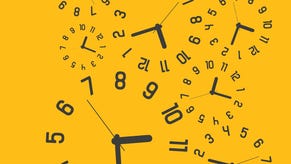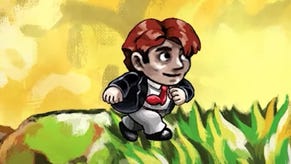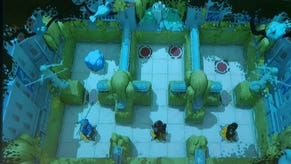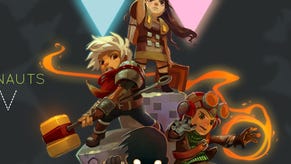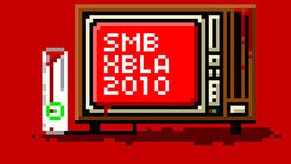Games should enrich people's lives, says former Edge editor
Robertson full of praise for Braid.
Former Edge editor Margaret Robertson has said developers should be able to explain why their games are worth playing - adding that if they can't, they may be bad people.
Speaking at the Edinburgh Interactive Festival Robertson said, "The games industry takes from people the single most precious thing they have, which is time. It's the one thing they can't ever get back. And we suck hours and hours and hours away from people who could be using it to do other things.
"Which is great - I'm ridiculously enthusiastic about all this stuff, and I think it's brilliant," she continued. "But we should stop and think and have answers ready for how we use that time and how people are different at the end of it."
Robertson was delivering a speech about recent and forthcoming games she believes are important, including Jonathan Blow's Braid. (It was jolly important to Eurogamer's Dan Whitehead, by the way; he gave it 10 out of 10).
"Blow's entire focus is on making sure that after you've played this game, fundamentally, you are a better person than before you played it," Robertson said. "That tends to make people really uncomfortable; that's not how we like thinking about games. We spend a lot of time saying, 'Oh, we're just fun, we're just entertainment, we don't have to have a bigger agenda.'
"I think that's not a good enough answer; I think if you're going to take hours and hours of somebody's life, you need to know why. You need to know why they're going to be happier or wiser or smarter or more relaxed or fitter or cleverer, or whatever it is, at the end of it," she continued.
"I do think if you haven't got an answer to that, to why your game is going to enrich somebody's life - I don't think you're necessarily a bad game designer, but I think you might be a bad person."
Robertson conceded that some members of the audience might dismiss her argument as "pretentious arthouse nonsense", particularly those who work for commercial organisations and want to make entertainment products that please shareholders. However, she pointed to Far Cry 2 as an example of a commercial title that also has an agenda - as argued by Ubisoft's Patrick Redding in a presentation at GDC earlier this year.
"Far Cry 2 is a game with a message; it has some stuff to say about the human condition," Robertson said. "Admittedly, it expresses those thoughts about the human condition through taping grenades to fuel tanks and then shooting them from a distance, but it still has things to say...
"They've taken those underlying premises and messages, and used them both to inform and constrain the story and the very fundamental game mechanics in a way that has simplified, enriched and crystallised what they're doing."
Robertson concluded, "We need to embrace the idea that our games should have some weight behind them, some meat on their bones, and something they're trying to communicate if we want them to matter to people."
Other titles listed by Robertson during the session included Battlefield Heroes, Sims Carnival, LittleBigPlanet and 2Across, plus less well-known titles such as Newtoon, Phase and Gravitation. But topping the list was Fruit Mystery. "It's without question the most inept, ugly, stupid, boorish, pointless, noisy, ridiculous waste of time," said Robertson, adding, "I recommend the minute you get out of here you get on the internet and try it."


